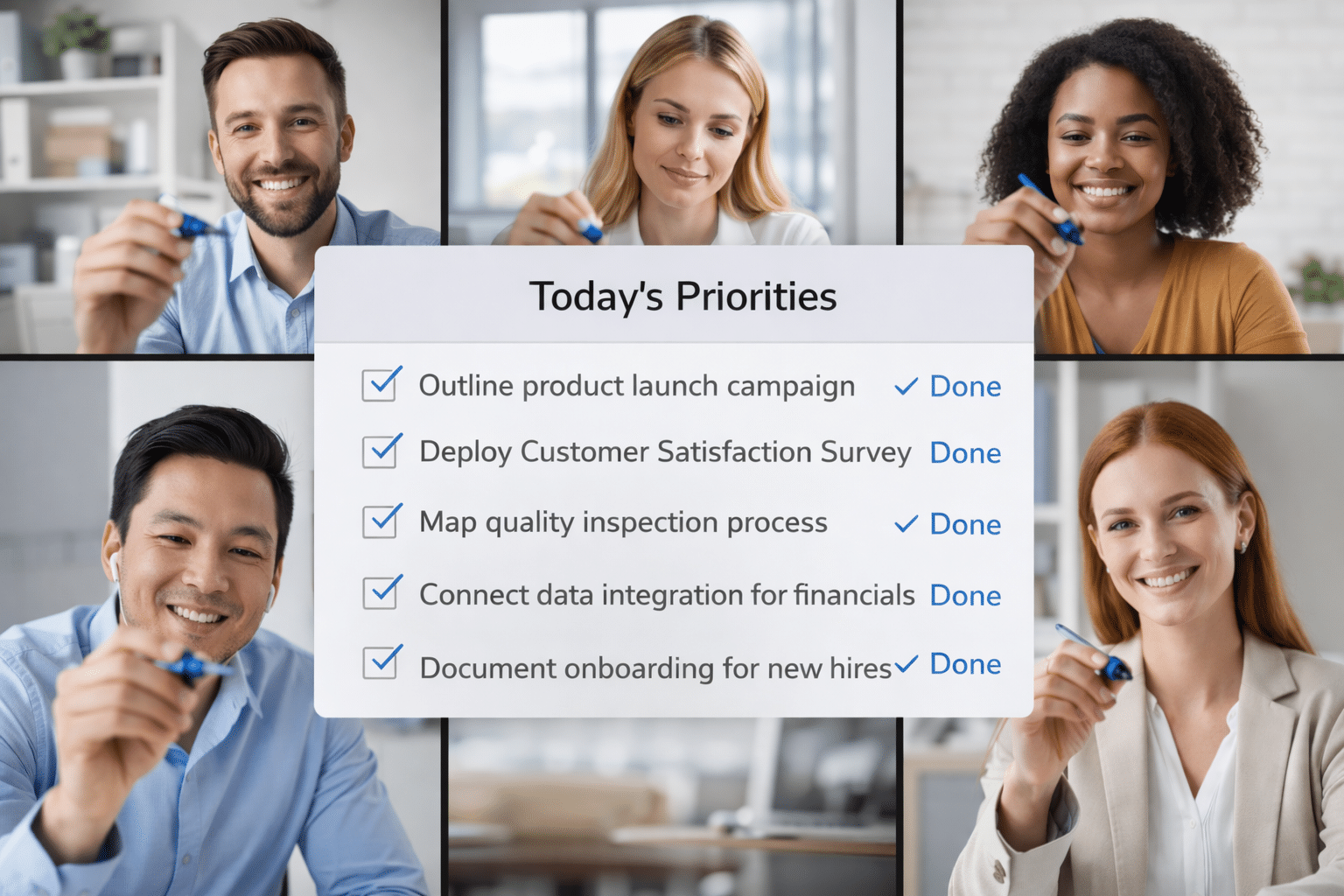Is Our Pace of Life Getting Faster?
As modern technology enables instantaneous communication and being “on-call” 24 hours a day, many people have wondered: is our pace of life getting faster? New forms of technology consistently emerge to help us complete tasks faster and optimize our time management, but how are they really affecting our lives?
One psychological study from 1999 compared the pace of life in 31 major cities across the world, basing its analysis on three main indicators: the average walking speed in downtown areas, how quickly postal clerks completed basic tasks, and the accuracy of clocks in public places. They found that the pace of life was faster in economically-developed countries, colder climates, and individualistic cultures. Japan and Western Europe were two areas that specifically stood out for having faster times.
Another 2007 study found that around the world, people are walking about 10% faster than they used to. Researchers identified that those who walk quickly are also more likely to speak fast and eat fast. They become impatient when waiting in lines or traffic, and they’re more likely to wear a watch. Faster doesn’t always equal better, as researchers found correlations between subjects with faster walking speeds and several negative health effects, like heart disease.
What does this mean for us? Will these metrics transfer into our work activities as well? After all, various business publications have identified 8 ways to get work done faster and give advice on 10 habits to help people learn twice as fast.
It’s hard to argue that how quickly your company can complete projects doesn’t matter. Speed can be the deciding factor that puts a company ahead of its competition.
Many business executives are concerned that they won’t be able to keep up with today’s rapid-fire hyperactive pace. They worry that they can’t match new levels of innovation or maintain growth levels past the start-up stage. After all, the range of problems that young businesses face can seem vast.
While our walking speed might be increasing, the idea that our pace of work is accelerating isn’t as cut-and-dry as it seems. A 2015 Economist piece suggests that there’s little hard evidence that our pace of business is really getting faster.
The writers identified a variety of metrics to measure the speed of business in America including current CEO tenure, mutual-fund holding period, S&P 500 inventory days, and more. While they found that some of these measurements are advancing, others are not.
They explain: “The result is a puzzle. Business people feel time is accelerating—but the figures suggest they are largely talking guff.”
While we might perceive the pace of business life as getting faster, our perceptions may not match the data of reality.
The good news? Technology helps people communicate and share information faster than ever. While actual business processes may not be advancing to the speed of light, technology can help companies adapt to changing expectations and make many of their processes more efficient.
It makes good press to say that life is getting faster. People get worried, curious, and confused. But it seems like there’s still a great deal of research that needs to be done before we can quantitatively say one way or the other if the pace of business, in all of its facets, is increasing.
If an accelerating pace of life is making things feel crazy at work, Align can help get your organization focused on executing strategic goals and moving towards long-term success.





